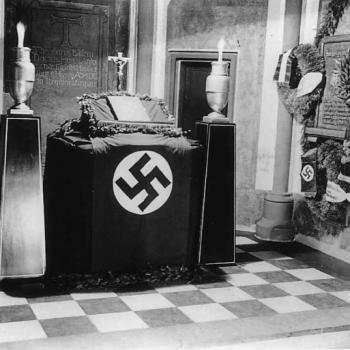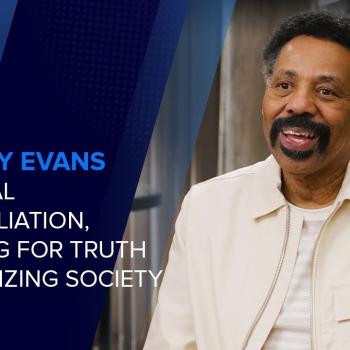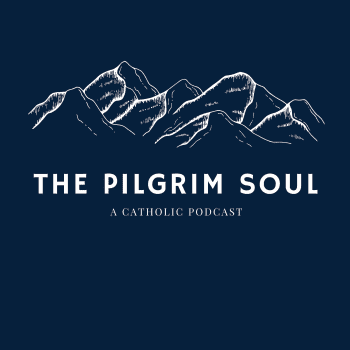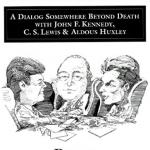I have two problems with how we celebrate Thanksgiving. First, we often treat it as an isolated event that is both stripped of its historical context and separate from the rest of our own selfish and ungrateful existence. Second, the increasing commercialization of the holiday has turned it into a feast of avarice, in which we pay our respects at the altar of Capitalism with a day of frantic shopping.
Thanksgiving is much too important to be celebrated this way. Why? First, because neuroscience and psychology tell us that a disposition of gratitude is essential to a healthy brain and a fulfilling life. But on an even deeper level, because thanksgiving — the practice of gratitude — is arguably the substratum of human life.
The essential truth of our life is this: we are radically dependent. None of us created our own being, or brought ourselves out of the void. None of us sustain our own lives in existence. And none of us are in control of what the future holds. We are radically dependent.
To recognize one’s dependence is an earth-shattering act. It destroys the myth of self-creation and self-sufficiency. It raises a host of questions that disrupt one’s ordinary life and awaken the desires of one’s heart. So our culture flees this recognition, out of fear of the paralysis it might bring.
But the realization of dependence should not paralyze us. It should drive us to give thanks. As my former professor John C. Cavadini explains, gratitude is the only appropriate response to one’s life. The human vocation is to respond with humility to the inestimable gifts of our existence and our salvation. Our vocation is to forget ourselves in gratitude, and offer our lives as a return-gift to the One who created and redeemed us.
It’s not easy to live with this disposition, or we’d all be saints on earth. So here are four gifts to help you celebrate this Thanksgiving with gratitude, from my favourite Brits (wink).
1. C.S. Lewis’ Letter 15 from The Screwtape Letters, here
One of the subversive characteristics of gratitude is that it’s not inherently future-oriented. No, it turns your gaze to the past and present, and makes you attentive to the gifts you have received. An orientation to the present — to being kind, happy, grateful now — has the power to transform your life. C.S. Lewis (who was once a fellow at my college at Cambridge!) captures this dynamic in Letter 15 from his work The Screwtape Letters.
2. A podcast episode with Lady Jane Williams on gentleness, here.
Lady Williams is perhaps better known as the wife of Rowan Williams, but she is an incredible theologian her own right. In this podcast, she speaks about gentleness as the result of being so securely rooted in your own identity that you don’t need validation from others. What does this have to do with gratitude? When you wonder at the beautiful life you have been given, you don’t need to see others as threats or competition. You can meet them with loving kindness and be grateful for their presence. This is radically countercultural and reveals a deep strength.
3. JRR Tolkien’s character of Gollum, here.
This probably isn’t what you expected, but hear me out for a second. If human life is fulfilled through that true humility which is gratitude, then pride should make us less human. Gollum shows us what it means to reject our vocation to gratitude. We become a shade.
4. St. John Henry Newman’s poem “A Thanksgiving,” found here.
Newman’s poem is provocative. Can we accept even hard things as gifts from God? He tells us: “Yes! let the fragrant scars abide, / Love-tokens in Thy stead, / Faint shadows of the spear-pierced side / And thorn-encompass’d head.”
Happy Thanksgiving!
To receive updates on my writing, click here to join my mailing list.

















